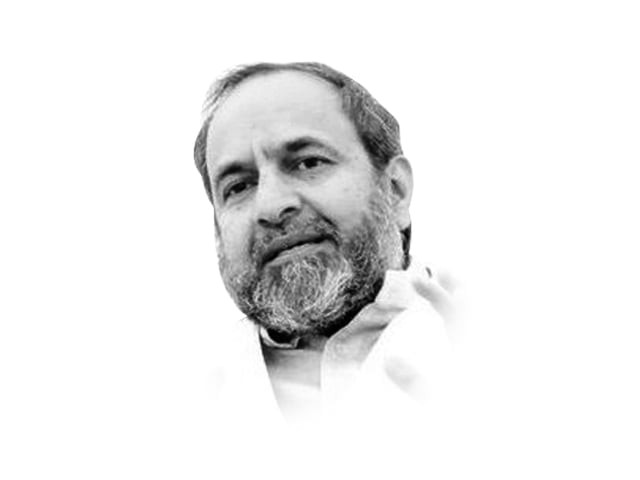Has faith caused more harm than good?
Religion, in its pure form, is God’s response to the yearning for guidance man is born with.

Has faith caused more harm than good?
Religion, in its pure form, is God’s response to the yearning for guidance man is born with. If properly understood and practised, it is an undisputable blessing. In case it is misunderstood and misused, there could be few evils more dangerous than it, as we have witnessed over the course of history. It is irrelevant in the context of this debate whether religion’s contribution to the welfare of mankind has been predominantly good or evil. It is not a great idea to view the matters pertaining to truth purely from the narrow lenses of utilitarianism. Religion should be viewed in the light of its claims. If its claim of divine origins makes a convincing case, it should be accepted; if the claim doesn’t make sense, it should be rejected; and if the verdict of the conscience on it is not clear, one should keep considering the arguments to reach a final conclusion.
Viewing the acceptability of religion from a purely utilitarian criterion is like deciding whether it is useful to look after one’s old, ailing parents. If the parent-son relationship is established, it is then a moral requirement that they be looked after.
One might justifiably argue, however, that even if not completely relevant, the utilitarian criterion to judge the veracity of a religious claim to truth is not completely out of place either. I would argue, then, that there could be no objective, unanimously acceptable way to reach a final calculus of pros and cons of religion. For a religious person who has found the truth that God has spoken to him and mankind, in a certain text or some other manifestation of faith, all atrocities of the world allegedly caused by religion would not make their evil heavier than the solace he or she gets from imagining that what is being experienced is from God.
One must admit, however, that not all that is religious is necessarily good. In fact, some part of religion and religious practice is most certainly evil. Maulana Amin Ahsen Islahi, the author of Tadabbur-e-Quran, an exegesis of the Holy Quran par excellence, once remarked: “There is no blessing under the sky better than a true religion and there is no evil worse than a false one”. By true religion, he not only meant intrinsic truthfulness of its claims, but also the way it was understood and practised. How should one decide whether a claim to truth from God, which is what religion is, is right or wrong? The fact is that it is a matter which is both subjective and objective, depending upon the circumstances of the individual. For an individual who has been introduced to the religion of God in its pristine form, it is an almost objective matter. That is what happens when the representatives of God deliver the message to a society directly. In their times too, however, the truth gets objectively clear only gradually. In other eras, the question is again less or more objective, but perhaps never completely, depending upon the circumstances of the individual. The circumstances that cause the truthfulness of the religion of God to be less or more obvious to an individual include the kind of presentation of religion he witnessed, his intellectual abilities and his own moral performance. While he cannot be blamed if he takes a wrong decision because of the first two causes, he will be held responsible for a wrong decision due to the latter cause.
That is precisely what the Holy Quran says: “And those who believe and do good deeds — We shall not make a soul responsible for (any expectation) beyond his capacity — such are the people who shall enter the paradise.” (Holy Quran; 7:42)
Published in The Express Tribune, January 22nd, 2011.















COMMENTS
Comments are moderated and generally will be posted if they are on-topic and not abusive.
For more information, please see our Comments FAQ